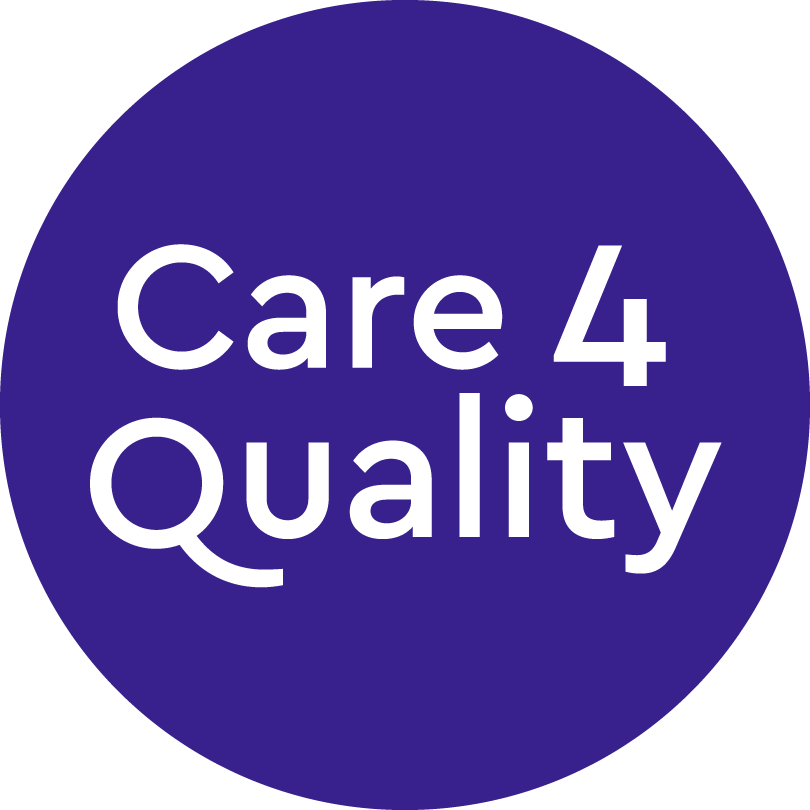As we age, our bodies changes. For example, our senses can be affected. It is not uncommon for older people to suffer hearing loss or loss of eyesight. Our bones can weaken, our strength to walk and move around can diminish and our memory can start to fail.
Looking after ageing parents is something many of us face. The constant worry and concern for their safety and welfare will become part of the daily pattern of life, as well as the need to meet specific needs.
In many older people, incontinence can be an issue. From occasional urinary leaks to difficulties controlling the bowel, many older people will suffer incontinence.
There are ways to help both your ageing parent and you too, as you help them to manage their incontinence.
Use incontinence products
Being incontinent is embarrassing. It means that the simple things in life, such as a social outing, is something that needs to be managed. Incontinence products are a fantastic tool for managing incontinence both in the home and outside of it too. They can give your parent – and you – the confidence to leave the house and not worry about leaks or other issues.
Incontinence products have improved in recent years. Pads and pants are now a lot more discreet as well as more effective at capturing both urine and smell. High-quality products from market leaders HARTMANN Direct are also easy on the budget but ideal for helping to manage incontinence;
- There are products designed for men and women
- Pads and pants are available in different levels of absorbency, helping to save on embarrassing leaks.
- There are excellent products for managing faecal incontinence too.
- There are other products, such as pads for protecting the bed that can help to manage incontinence better.
Using different absorbencies at night help people to manage their sleep and night time toilet visits. Lighter absorbency pads are ideal for when the issue is not so much incontinence but reach the toilet in time due to mobility issues.
Absorbing the urine into its core, incontinence pads are also helpful in managing personal hygiene, preventing skin from ‘breaking down’ and can be useful in preventing infections too.
Improve toilet access and use toilet aids
Being able to reach the toilet on time is a common issue for many older people, especially when mobility is limited.
Scheduling bathroom visits can help in these situations, as well as improving access. A downstairs toilet can make a huge difference but when this isn’t possible, a commode can be a viable alternative.
Likewise, there are various toilet aids that can be used, such as a toilet frame that helps an ageing relative or parent to safely access and use the toilet.
Handrails are also a great addition to the bathroom or cloakroom, as well as removing physical obstacles too. Toilet mats are a trip hazard but also things in the way, such as unnecessary furniture, can also impede progress to reaching the toilet in time.
Making it easier to clean up when accidents do happen is also helpful. For example, hard flooring instead of carpet is ideal. Accidents can be mopped quickly and easily, with no residual smells or stains trapped in carpet fibres.
Make dietary changes
There are some foods and drinks that exacerbate incontinence. For example;
- Constipation – A poor diet can result in constipation. Food that moves slowly through the intestines places greater pressure not just on the digestive system but on the bladder too, possibly contributing to incontinence.
- Acidic foods – Some foods are acidic, such as tomatoes, and consuming a large amount of acidic or spicy food can irritate the bladder.
- Dehydration – Not drinking enough water can also contribute to incontinence. Even if dehydration is only mild, urine becomes concentrated, leading to an irritated bladder increasing the risk of not being able to control the bladder.
- Caffeine – Too much caffeine or fizzy drinks can also affect incontinence, by increasing the frequency that someone needs to urinate. This happens when someone drinks alcohol too. Known as a diuretic, these drinks cause more urine to be produced.
You may find that to help someone with incontinence, their diet needs to change to help them manage the condition. For example, someone who suffers faecal incontinence may need a less fibre-rich diet.
Get professional help and support
Incontinence in the elderly may be common but that doesn’t mean it is inevitable. There are medical solutions too, such as medication to help manage it, alongside working with a continence adviser and using high-quality incontinence products.
